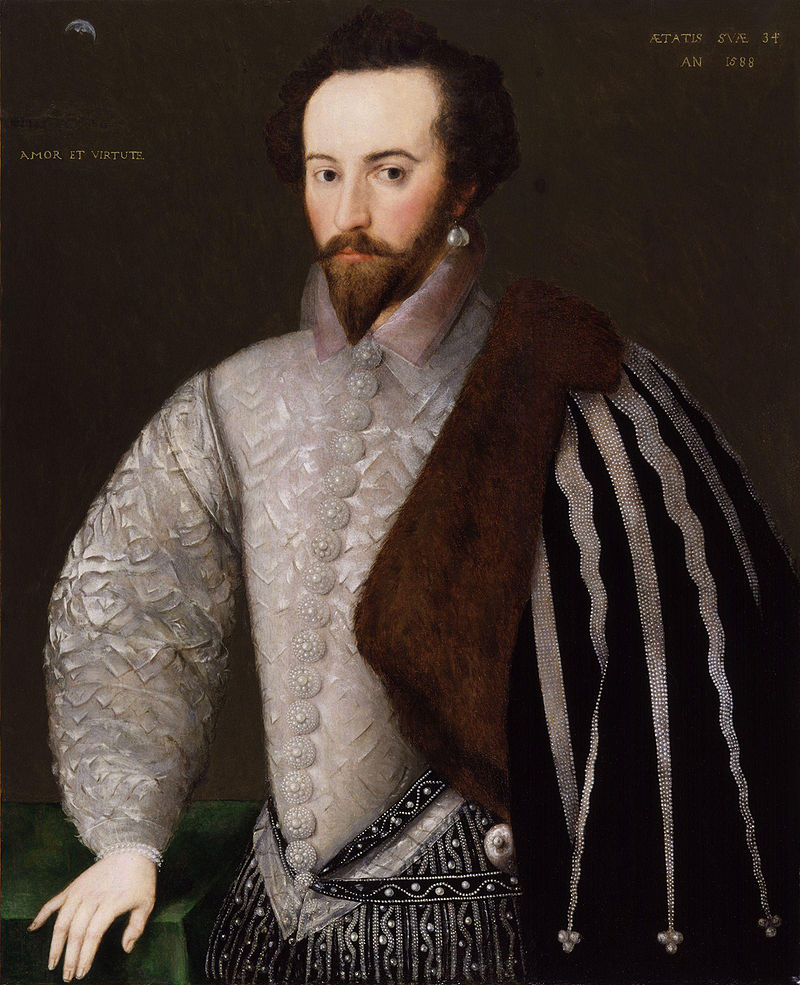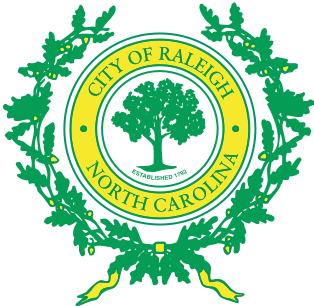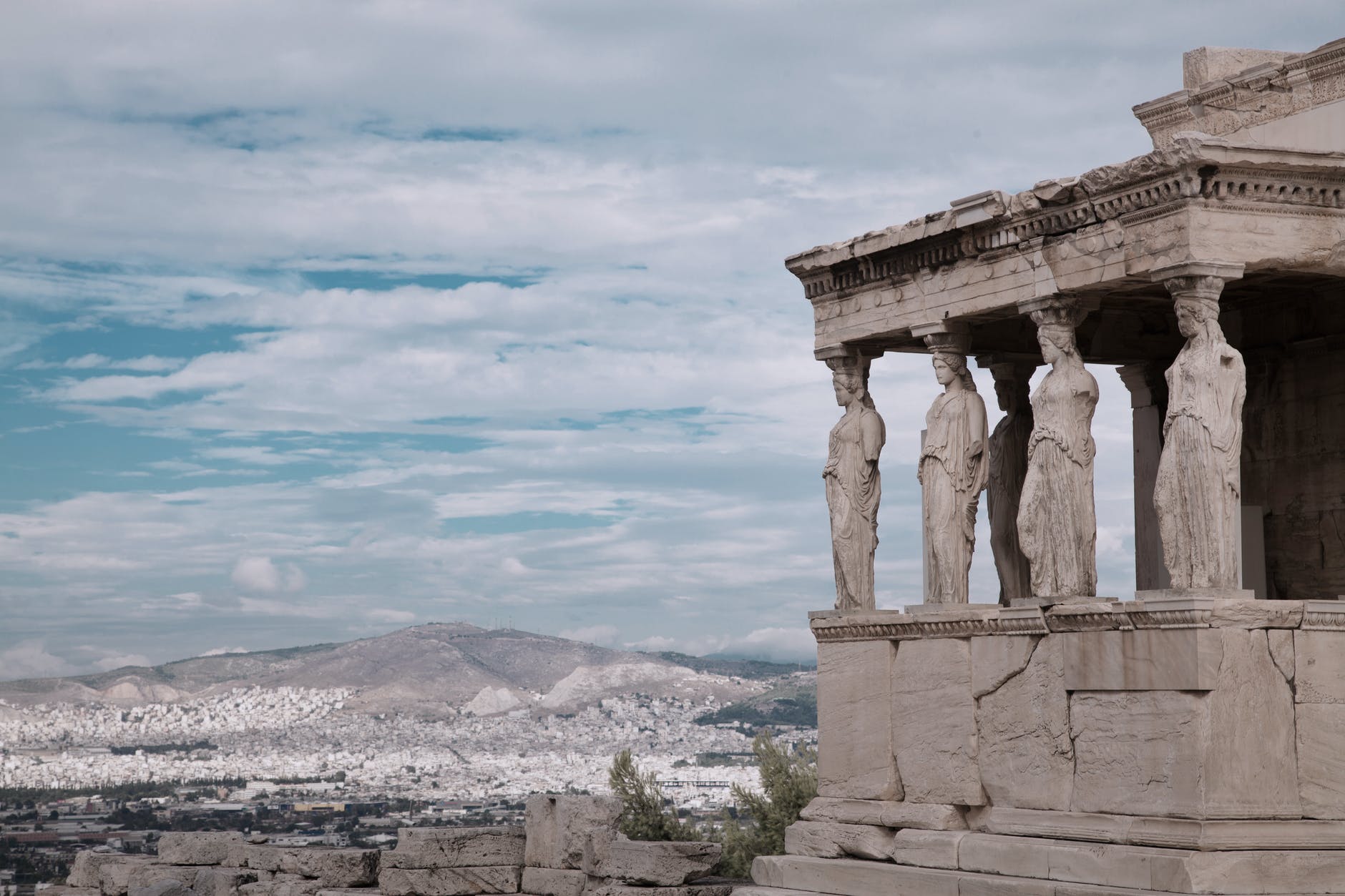 “Because he was a traitor and a pirate,” East Carolina University professor and leading North Carolina public historian, Larry Tise, explained to his sons why Sir Walter Raleigh spent 15 years in the Tower of London and was then beheaded.
“Because he was a traitor and a pirate,” East Carolina University professor and leading North Carolina public historian, Larry Tise, explained to his sons why Sir Walter Raleigh spent 15 years in the Tower of London and was then beheaded.
In the November 1 News & Observer, Tise wrote that he had grown “up in North Carolina where we lauded Raleigh for choosing the Carolina coast for the first English explorations and attempted settlements in North America.”
Tise now labels Raleigh’s attempted settlement on the North Carolina coast an “egregious error” that we have spun “into the romanticized saga of a ‘lost colony.’”
Tise is an expert about Sir Walter, but there is more to the story, as retold in a new book, “The Secret Token: Myth, Obsession, and the Search for the Lost Colony of Roanoke,” by Andrew Lawler.
Although Lawler acknowledges Sir Walter’s errors and weaknesses, he sets out in great detail the magnitude of his efforts to establish an English colony on the North Carolina coast. “The Roanoke venture lasted for six years and involved two dozen vessels and well over a thousand people crossing the treacherous breadth of the Atlantic to establish England’s first beachhead in the New World. In size, scope, and cost, it far outstripped the later inaugural voyages to Jamestown and Plymouth. It was the Elizabethan equivalent of the Apollo program.”
Sir Walter did not travel to North Carolina, but the efforts he organized expended “many tens of millions of dollars” in today’s money.
On March 16, 1584, Elizabeth granted Sir Walter the right to colonize the east coast of North America south of Newfoundland. The next month Sir Walter had two ships carrying an exploratory mission. The ships arrived on the North Carolina coast in July.
Why this site? Raleigh and some of the mission’s funders thought these lands would be sources of new and valuable products, including rare metals. But there were other reasons. First, it would be a good location to mount attacks on Spanish ships carrying gold from its colonies. Second, there was widespread belief that the waters in the sounds on the west side of the Outer Banks provided access to the Pacific Ocean.
After six weeks of exploring and making friends with the native population, the exhibition had not found gold mines or a short cut to China. However, it came back with tales of the good life, samples of tobacco and pharmaceuticals, and two natives, Wanchese and Manteo.
Sir Walter then organized a much larger effort. On April 9, 1585, five vessels carrying between 400 and 800 men left England. Manteo and Wanchese were on board. So were soldiers and scientists, including a brilliant scholar and linguist, Thomas Harriot; a metallurgist, Joachim Gans; and a draftsman and artist, John White.
By June 26, the colonizers arrived and began exploration of the nearby sounds and adjoining lands. The results were mixed. The scientists and explorers learned good and valuable information. However, running low on supplies, all but about 100 men returned to England in September.
The remaining men suffered through the winter. Food was scarce. The former friendly natives had become hostile enemies. When a fleet of English ships under the command of Sir Frances Drake appeared in early June 1586, the settlers abandoned their project and returned with Drake to England.
The disappointing result did not deter Raleigh from organizing a third effort in 1587, a group of men, women, and families that became North Carolina’s legendary Lost Colony.
While arguably an “egregious error” as Tise suggests, these attempts provided learning lessons for the Jamestown colony 20 years later and for other English North American colonies. Sir Walter’s ability to organize and mount these ambitious projects should earn, even from Tise, grudging admiration.
D.G. Martin hosts “North Carolina Bookwatch,” Sunday 11:00 am and Tuesday at 5:00 pm on UNC-TV. The program also airs on the North Carolina Channel Tuesday at 8:00 pm and other times.
Related Stories
‹

One on One: Raleigh or Ralegh?Anna Beer could cost North Carolina taxpayers millions of dollars, but how in the world could this British author and scholar cost us so money? Based on her comprehensive research, she argues that the last name of the Sir Walter, who organized and promoted the enterprise we now call The Lost Colony, should be spelled […]
![]()
One on One: When Do We Change Names and History?Last week the Raleigh City Council removed the historic designation of Wakestone, the former home of Josephus Daniels. That action is just one more reminder of North Carolina’s and the nation’s struggle to find agreement on what people should be honored and what versions of history should be taught in our schools. The unanimous action […]
![]()
One on One: Jim Crow Is Still Alive in North CarolinaUnbelievable when you think about it, how North Carolina maintained its segregated and discriminatory racial system for such a long time. The remnants of what is commonly called “Jim Crow” are still with us, a daily reminder of the horrors of the past. A new book, “Jim Crow in North Carolina: The Legislative Program from […]

One on One: Books for Holiday GivingIf you are worried about holiday gifts or selections for your book club’s reading, here are some good North Carolina-connected books to consider. Three beloved North Carolina authors have new books that would be perfect for fiction fans: Allan Gurganus, author of “The Oldest Confederate Widow Tells All,” gives us a crop of his best […]

One on One: Greek and Hebrew Guides to Our Political DifferencesHow can ancient Greek and Hebrew thinking help us understand why our friends who support other political candidates see things so differently from us? Why are we locked into such different positions? It is dangerous for anyone to try to explain why people support opposing political figures or different political parties or programs. We sometimes […]

One on One: North Carolina's GodfatherDoes North Carolina have a godfather? We would not want our godfather to be anything like Mexican Gen. Salvador Cienfuegos Zepeda, who is called “El Padrino,” which means “The Godfather.” Zepeda was arrested last week and charged with helping a drug cartel smuggle thousands of kilograms of cocaine, heroin, methamphetamine and marijuana into the United […]

One on One: President Trump and Nicholas SparksWhat do President Donald Trump and the lead character of Nicholas Sparks’ latest book have in common? Hint: Walter Reed Medical Center. Both the president and Trevor Benson, the fictional main character in Sparks’ “The Return,” received critically important treatment at Walter Reed. Trump got expert medical care for his coronavirus. Benson, a Navy surgeon, […]

One on One: Fighting for AmericaWe both love America? We would fight for our country. And we would fight to keep it the way we love it. And we would fight to make it the way we could love it more. It is just that we love different Americas. Even before the president was struck down by the coronavirus that […]

One on One: Religion, Too Much or Not Enough?Is Joe Biden too Catholic? Or not enough? Has Donald Trump corrupted the leaders of conservative religious groups? Religion is everywhere, even in four important books featured during the next few weeks on North Carolina Bookwatch. In Charlotte doctor and author Kimmery Martin’s “The Antidote for Everything,” the lead character is not deeply religious. However, […]

One on One: Who Wins the Debate About Debates?What is more interesting than the upcoming debates between candidates for major political offices? Of course, it is the debate about the debates. Some friends, well-informed and experienced in political activities, say the importance of such debates is vastly overrated. For instance, one said the recent first debate between North Carolina U.S. Senate candidates Republican Thom […]
›
 “Because he was a traitor and a pirate,” East Carolina University professor and leading North Carolina public historian, Larry Tise, explained to his sons why Sir Walter Raleigh spent 15 years in the Tower of London and was then beheaded.
“Because he was a traitor and a pirate,” East Carolina University professor and leading North Carolina public historian, Larry Tise, explained to his sons why Sir Walter Raleigh spent 15 years in the Tower of London and was then beheaded.








